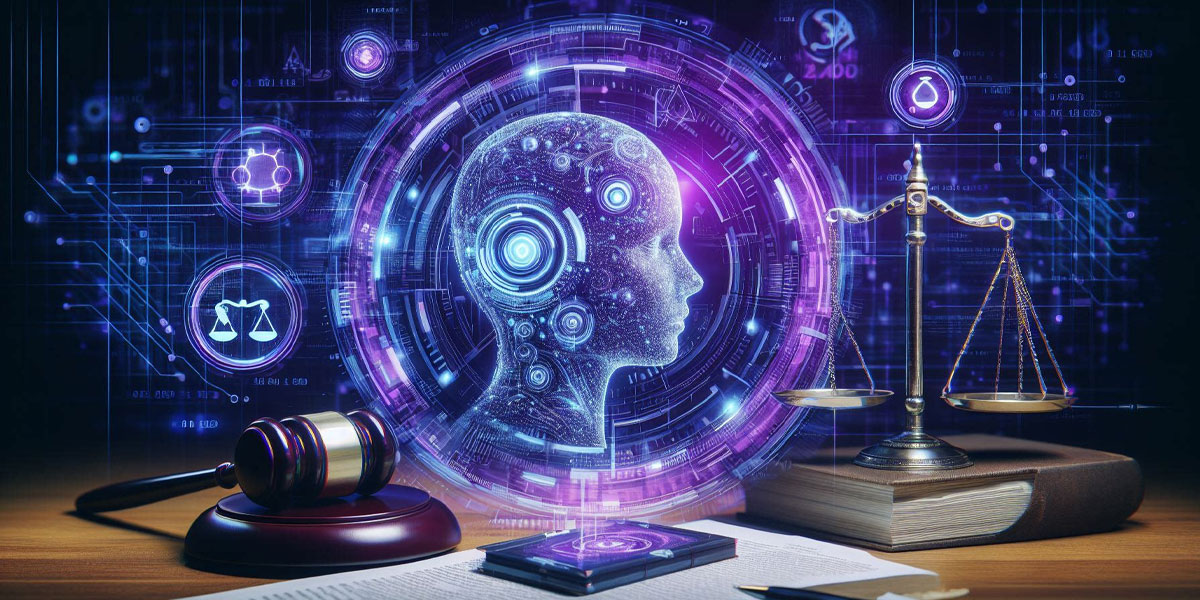Necessary cookies are absolutely essential for the website to function properly. These cookies ensure basic functionalities and security features of the website, anonymously.

What should happen to our digital legacies?
With so much of our lives played out through online data, it's time to give thought to our digital inheritance. When tv presenter Jonnie Irwin was diagnosed with less than a year to live, he began to make the appropriate preparations. Among the things he wanted to pass on to his family were his social media accounts and their contents. As a person in the public eye, he has shared even more of his life online than most of us. With that wealth of images and memories kept locked away in social media accounts only he could access, he wanted to look for ways to ensure that his daughters to inherit his digital legacy.

Most of the photos and videos that we acquire throughout our lifetimes aren't stored in photo albums or on physical devices we own these days. We can't hand them over if they're in the cloud on rented server space, and are kept behind password protected accounts. We have a lot of assets on computer systems that we don't actually own these days. What happens to those assets when the data owner dies?
Social media accounts can have cultural, as well as sentimental significance, and digital archiving teams have been trying to save us from becoming the new dark age - a time when all culture records become inaccessible in outdated code and machines that get shut off and sent to the recycling centre. It's hard to say how many Facebook accounts there currently are for deceased people, but the number is estimated to reach around 5 billion by the end of the century.
Rules vary, but Facebook allows for the memorialisation of an account. The existing account cannot be accessed or maintained, but it can be 'frozen', with the pre-existing privacy settings locked in. It will be displayed with the phrase 'Remembering' by the person's name. But you can also appoint a person as a legacy contact to bypass this system and authorise them to manage your account after you die if you prefer.
Few people maintain a personal inventory of their online accounts, including a list of file sharing services, backups and payment services that we're subscribed to. A list may serve as a helpful aid for those left behind, but there are also online vault services if you want to guarantee that photos are shared and digital assets are passed on. As Jonnie Irwin pointed out, sorting out his digital legacies was not top of his priorities when he received a terminal diagnosis, but it is still important. With so much of our lives played out online, it makes sense to plan for the future of physical assets and our data assets, too.






